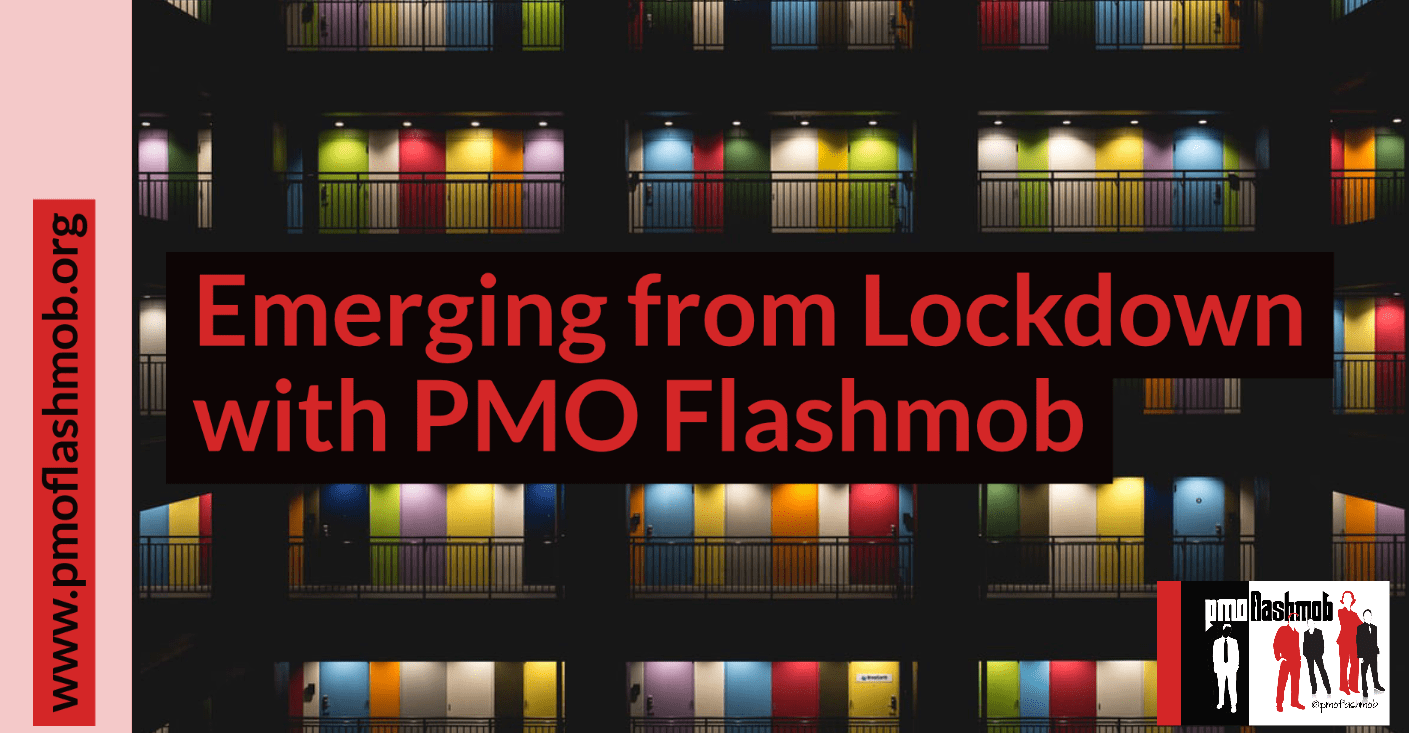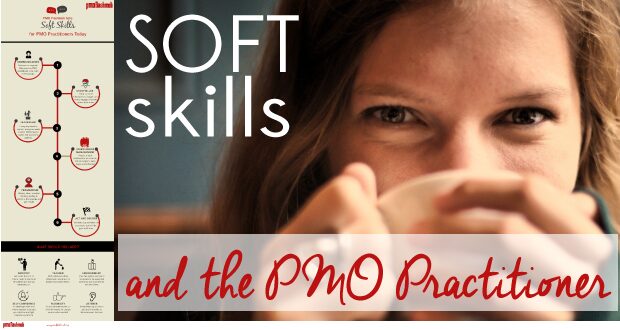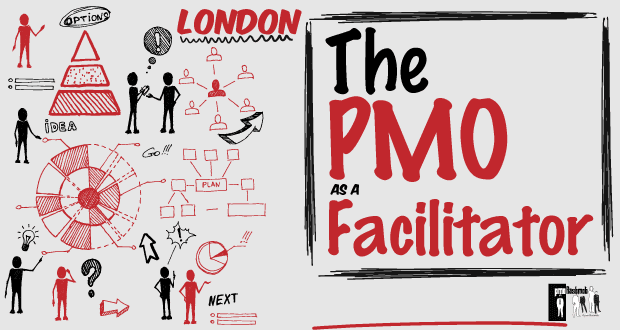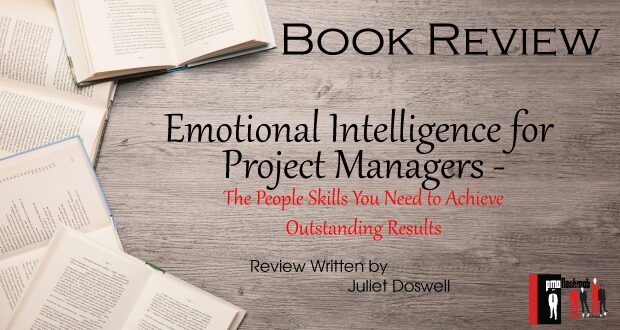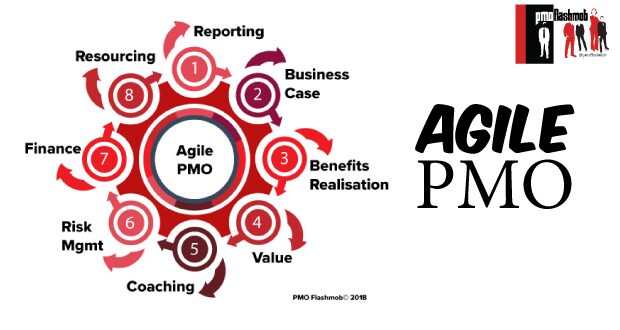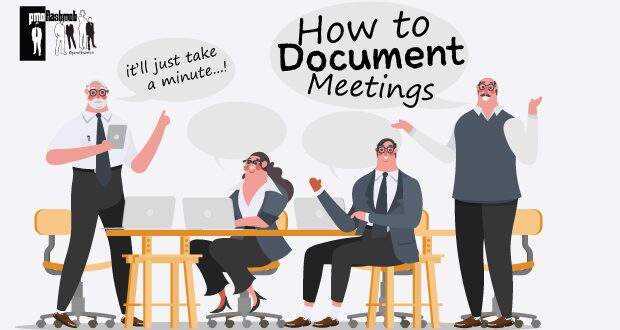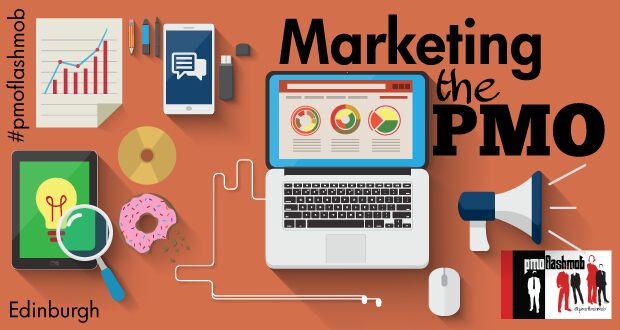Every so often it's good to take a sideways view at PMO - think differently, a bit of lateral thinking, that kind of thing.
During the pandemic on the weekly #PMOwfh sessions, we liked to throw in a few different things and in this article, it was all about what we can learn from music.
So sit back whilst we bring wedding singers, jazz bands, Roger Daltrey and Elvis to the PMO context and hopefully give you a little food for thought - or music to your ears.
Go to article
In this session, we turned once again to the more personal side of the effects of the lockdown and we were really pleased to have Sharon De Mascia join us.
Sharon is the author of a book I love - Project Psychology - so I naturally thought of her when looking for someone to talk to us about the effects of lockdown on the workplace and people.
Go to article
In the last webinar we did, there was a question about soft skills and PMO practitioners today. You can see the webinar [here]
The session was abot maturity - getting better at what the PMO does as well as the need for the organisation to mature in the way it delivers its programmes and projects too.
An obvious part of that is how we, as PMO practitioners, also view maturity in the way we work - not just the 'hard skills' stuff but also how we behave and work with others - the soft skills stuff.
The four soft skills pulled out of the session - communication; storytelling; stakeholder management and leadership - were just the presenter's view. I decided to share it in a post on Linkedin and see what others [came up with too]
We've also pulled together a few others from recent PMO Flashmob conversations too.
What do you reckon? What's missing?
Why not add your comments below or join the conversation stream over on Linkedin.
Go to article

Back in April our Mini-Masterclass event was focused on facilitation skills - a skill every PMO professional should have. In this session we specifically focused on the planning side of facilitation.
The planning is an incredibly important part of facilitation, as that’s where the thinking has to go into exactly how we will achieve the outcomes of the task. How to break a task down into sub-tasks; decide what processes/techniques are to be used for each step; how to split the groups to make it effective, and take into account the nature of the task in terms of level of uncertainty, who will be involved and the time available.
Not enough time and thought is put into planning a session, so if we, as PMO professionals can be disciplined about doing this, it can make a huge difference in getting more successful outcomes from sessions, and better results for the project teams.
Ranjit Sidhu lead the session and introduced a high-level framework which she uses as part of the Facilitation Skills course which she regularly delivers.
Go to article
- Date: July 11, 2018
- By: Lindsay Scott
- Categories: PMO Skills
Academic research tells us that project success correlates to emotional intelligence (not IQ) and consequently emotional intelligence is now recognised as a requisite skill for project managers. Anthony Mersino has written a book that provides advice on applying emotional intelligence specifically within the project management environment.
The book starts with an introduction to emotional intelligence and Mersino’s emotional intelligence framework. It explains how the reader can become more aware of their emotions and gives advice on how to control and manage those emotions. The author then explains how the reader can use emotional intelligence to manage both stakeholders and project teams.
Go to article
The increasing exposure of agile methodologies has raised the subject of servant leadership (706,000 hits on Google!). However, the level of understanding of servant leadership remains low and needs to be raised if the PMO are going to gain real value from it. Gain that understanding and the link between servant leadership and the developing role of the PMO.
Go to article
A few weeks ago we were at Project Challenge and we did a presentation to go alongside the new Inside PMO Report which we launched at the show too.
For those of you not familar with the Inside PMO Reports we do one a year on a topic area we know you're talking about or getting to grips with. We invite PMO Managers, who are doing a good job working on these topic areas, treat them to lunch then interrogate them. Well not quite, but we do ask loads of questions to find out how they dealt with certain things or the approach they might have taken.
We record that and after a few months of weeping whilst pulling it together in readable form, we create the report and share it with you.
Go to article
- Date: January 24, 2018
- By: Ken Burrell
- Categories: PMO Skills
In the project world, it is important to hold meetings so that problems and challenges can be discussed, and a way forward agreed. It is just as important that these meetings are documented accurately and concisely, and in a timely fashion. Have you ever been to a meeting that was not documented at all, or possibly worse than that, was documented badly?
If meeting outputs are not captured clearly and communicated, it is likely that everyone will come away from the meeting with their own slightly differing interpretations of what happened. It is also quite likely that nothing much will happen as a result of the meeting.
But minute-taking is often seen as a menial and tedious administration duty, and in the project world is often delegated to the most junior PMO person around. And effective minute-taking is harder to do (well) than it looks.
Go to article
- Date: May 6, 2017
- By: Chris Taylor
- Categories: PMO Skills
The PMO Mini-Masterclass on Marketing the PMO was all about "nicking" ideas from the marketing professionals which could help the PMO manage some of the things we often struggle with - like building and maintaining relationships with our stakeholders - or making what we do be more visible which in turn highlights the benefits of having a PMO. Here's the agenda for the evening:
Go to article
Many PMOs are vulnerable to failing within the first three years of operation due to the changes that continually impact its very existence.
In this session, Robert Joslin explores the top ten key drivers of change that affect the PMO and gives insights into how practitioners can prepare for the PMO’s response to changes.
This session, based on evidence-based findings, introduces the seven core PMO principles, which form the basis of a new international PMO standard. Implementing these seven core PMO principles, within any type of PMO today, will not only underpin PMOs with a solid foundation for delivering high value services, they will also reduce the risk of adverse effects during these turbulent change periods.
Takeaways:
The importance of seven core principles underpinning PMOs
The top 10 drivers changing the PMO today
Why and how PMO principles will increase the long-term value of PMOs within an organisation
Go to article


